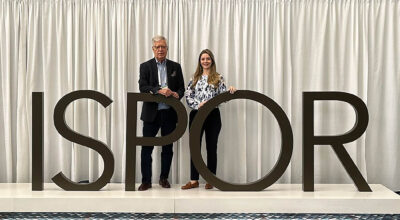In Latin America (LA), approximately 38.9–51.7 million individuals live with a rare disease (RD). RDs are usually life-restricting circumstances that require constant attention and care. People living with RDs receive this support from caregivers, who assist with daily-life activities and caretaking decisions – having their lives impacted on social, economic, and psychological levels. Of note, the number of caregivers is practically double that of people receiving care and is composed mostly of women (91%), a fact which sheds light on existing gender inequities. In sum, an estimate of 80 million caregivers of people living with RDs exist in LA. However, their value to society and unpaid work are often underrecognized.
The impact of RDs on caregivers is exacerbated in LA because of the limited clinical, instructive, social, and monetary resources available. In addition, from a regulatory standpoint, the region is delayed. In Brazil, for example, the first legislation specific to caregivers was only established in January 2014. Further, since most RDs are hereditary and rely on genomic knowledge, most studies are conducted in English, thus creating a language barrier, which restricts self-teaching and harms the making of informed medical decisions.
As a result, in July 2022, the Americas Health Foundation (AHF) conducted a virtual meeting of five key opinion leaders in caregiving for RDs and chronic diseases from the countries of Colombia, Panama, and Brazil to address the unmet needs of caregivers in LA. The meeting resulted in a manuscript entitled “Rarecare: A policy perspective of the burden of rare disease on caregivers in Latin America,” which has been published by Frontiers in Public Health. Click here to read the full article.




